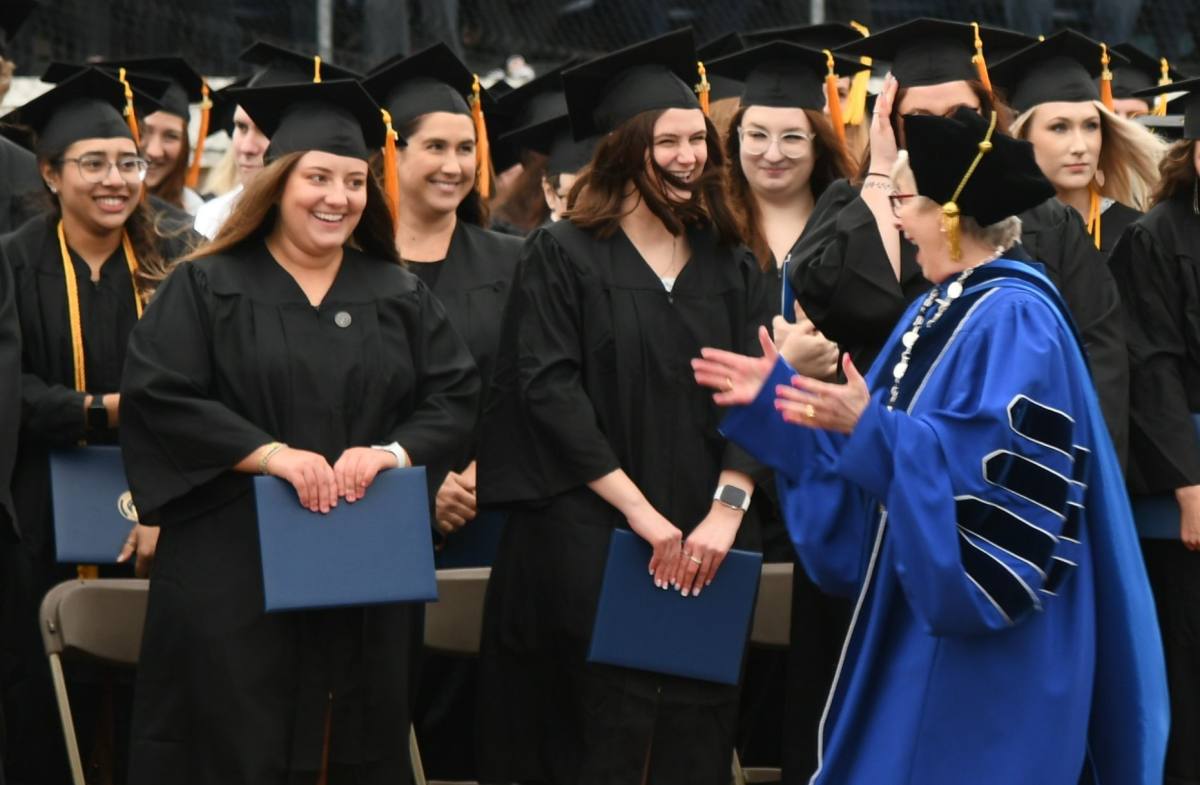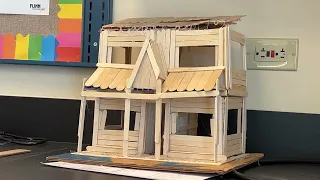The presence of crickets around the school has long been a problem.
“We have always had cricket issues some years more than others,” head custodian Felipe Ramirez said. He has been working at Fondy High for 11 years.
Because of the overgrowth around the school he said the crickets are able to breed safely away from predators while also being attracted to the damp and warm environments which the ponds around the school provide.
The crickets traveled into the school by being able to squeeze under the doors and into the hallways because they do not have backbones. ”The crickets seem to be the most problematic in the hallways immediately adjacent to the internal courtyard,” biology teacher Domonic Tangredi said.
The inner courtyard hasn’t been used for a while. It has overgrowth and a damp, wet floor which helps the crickets thrive in the school. “This area is relatively free of predators; they are able to survive and reproduce more effectively,” Tangredi said.
Ramirez said the custodians do spray for insects before school starts, but unfortunately it isn’t very effective. ”One thing that would help would be keeping up on the landscaping in the Courtyard,” he said. “If this was done regularly [there would be] less crickets.”
Tangredi also believes if the inner courtyard is cleaned the cricket problem would decrease. “I believe the best way to eliminate the crickets would be to clean up the overgrowth in the courtyard, apply some sort of insecticide/repellent, and then attach better/new seals to the door thresholds,” he said.
Crickets are known to carry bacteria such as E.coli or salmonella. However, it is not a serious problem students have to worry about. “It could be transmitted to humans,” Tangredi said. “However, this would only occur if someone handled a cricket and then ingested the bacteria that was on their hands.”







